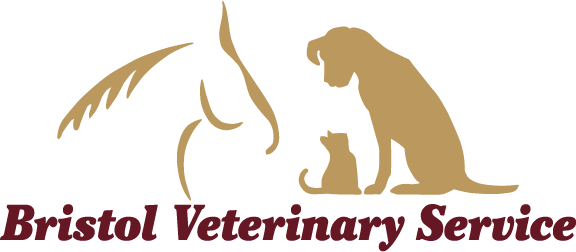Traditional deworming strategies have been revisited, subsequently leading to changes in how we view both parasites and their control. We have already moved away from every other month or daily deworming programs of the past towards a philosophy of monitoring more and deworming less. The concern with past practices is the development of resistance to our current arsenal of anthelmintic products and the fact that no new and improved products are on the horizon. Stabling, number of horses, pasture maintenance, and manure disposal will vary from farm to farm and must be taken into account when designing a parasite control program. Each owner, with the help of their veterinarian, must design a deworming strategy that works for their unique set of circumstances.
START WITH FINDING OUT WHAT YOUR PARASITE CONCENTRATION IS
- Twice annual fecal exam (mid to late spring and late fall)
- Fecal egg counts (microscope counts of how many eggs/gram of feces)
- LOW Shedder (0-200 eggs/gram)
- MEDIUM Shedder (201-400 eggs/gram)
- HIGH Shedder (401+ eggs/gram)
- Your veterinarian will take this information along with your horse’s age, health status environment, stable logistics, and parasite history, and design a strategic deworming protocol that works for you and your horses.
DEVELOP A DEWORMING SCHEDULE & PRODUCT LIST USING THE ABOVE INFORMATION
- The majority of horses (80%) fall into the Low Shedder category. The base protocol we at Bristol Veterinary Service recommend for Low Shedders is:
- Deworming
- Mid/Late Spring (April/May)
- Quest Plus
- Late Fall/ Early Winter (Late November or December)
- Ivermectin based product with Praziquantel
- Zimectrin Gold or EquiMax
- MEDIUM & HIGH Shedders may require alternative schedules both in frequency and product; your veterinarian will work with you to determine the protocol that is best for your horse.
Bristol Veterinary Service will then provide you an annual program calendar to assist you in implementing both scheduled fecal rechecks and anthelmintic administration. We also provide the options of: fecal exams alone, fecal exams with recommendations, as well as product sales through our in-house or online pharmacy, home delivery, or on farm administration by our vets for your convenience. Our staff will be happy to discuss which programs best fit your unique situation


